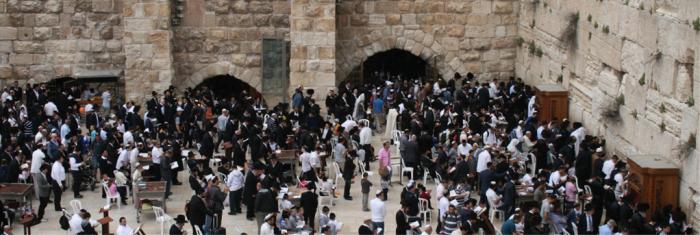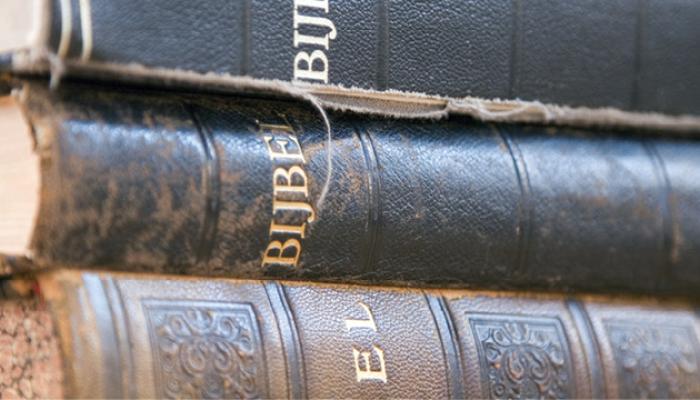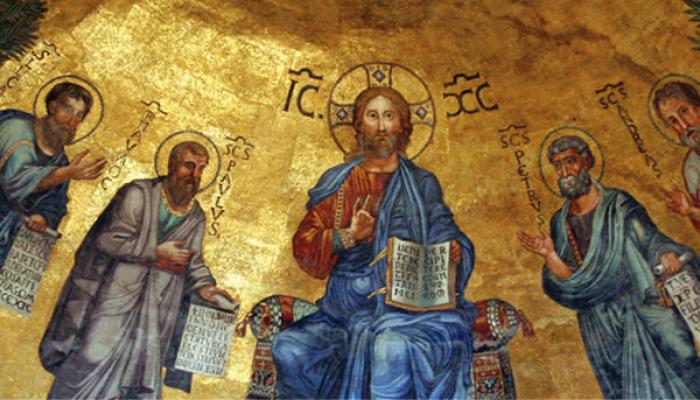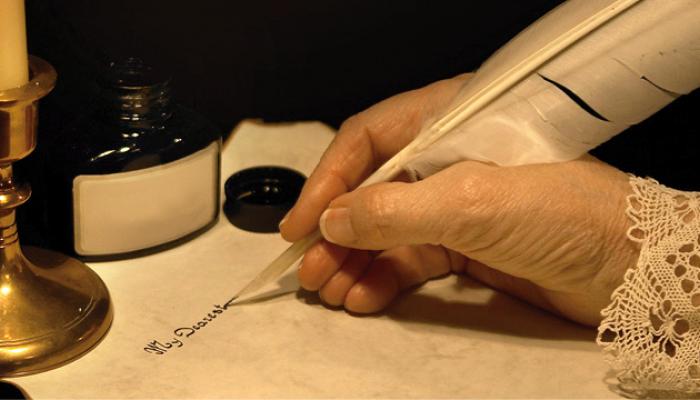
1.16 Qual è la differenza tra l’Antico Testamento cattolico e il Tanàkh israelitico?
La Tanakh ebraica contiene sette libri di meno dell’Antico Testamento cattolico, che consiste di 46 libri. La lista dei 39 books della Tanàkh venne compilata nel 70 AD, quando gli ebrei erano alla ricerca di una guida e di stabilità dopo la distruzione del Tempio di Gerusalemme. Tuttavia, una lista di 46 libri era già in uso secoli prima.
I libri dell’Antico Testamento e la Tanàkh sono disposti secondo un ordine differente. La differenza maggiore è che la Tanàkh è considerata completa in se stessa. L’Antico Testamento, invece, è inscindibilmente legata al Nuovo Testamento: insieme essi formano la Scrittura. Il Nuovo Testamento ci permette di avere una miglior comprensione dell’Antico Testamento.
What is the Canon of Scripture?
The Canon of Scripture is the complete list of the sacred writings which the Church has come to recognize through Apostolic Tradition. The Canon consists of 46 books of the Old Testament and 27 of the New. [CCCC 20]
What is the right way to read the Bible?
The right way to read Sacred Scripture is to read it prayerfully, in other words, with the help of the Holy Spirit, under whose influence it came into being. It is God’s Word and contains God’s essential communication to us.
The Bible is like a long letter written by God to each one of us. For this reason I should accept the Sacred Scriptures with great love and reverence. First of all, it is important really to read God’s letter, in other words, not to pick out details while paying no attention to the whole message. Then I must interpret the whole message with a view to its heart and mystery: Jesus Christ, of whom the whole Bible speaks, even the Old Testament. Therefore I should read the Sacred Scriptures in the faith that gave rise to them, the same living faith of the Church. [Youcat 16]
The Bible is not a single book, but a collection of literary texts composed over the course of a thousand years or more, and its individual books are not easily seen to possess an interior unity; instead, we see clear inconsistencies between them. This was already the case with the Bible of Israel [the Tenach], which we Christians call the Old Testament. It is all the more so when, as Christians, we relate the New Testament and its writings as a kind of hermeneutical key to Israel’s Bible, thus interpreting the latter as a path to Christ. [Pope Benedict XVI, Verbum Domini, n. 39]





